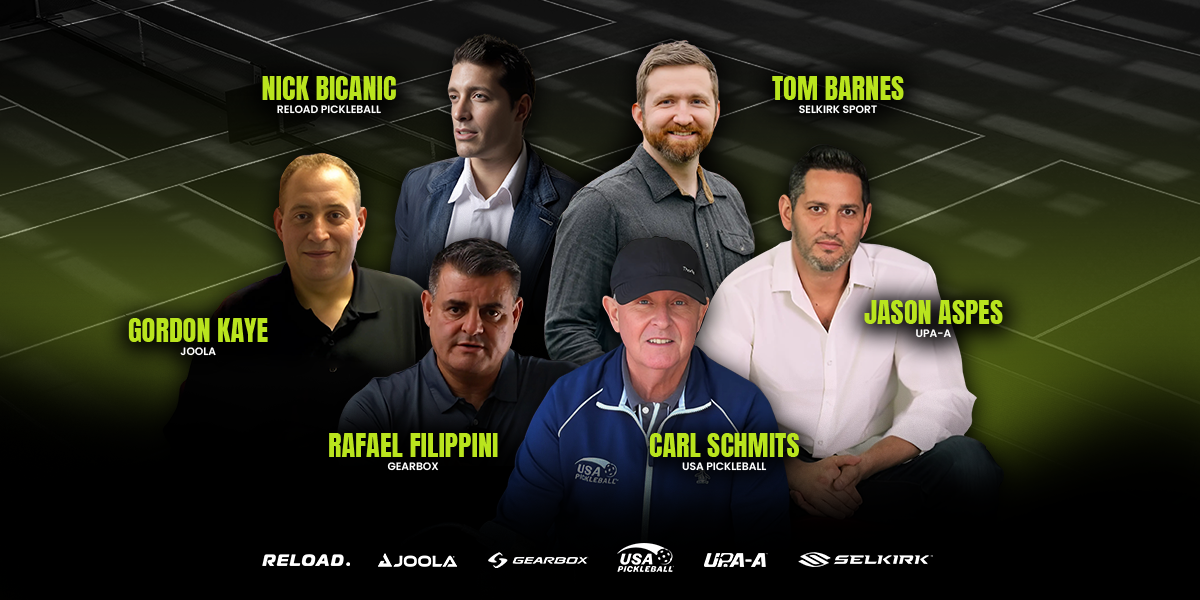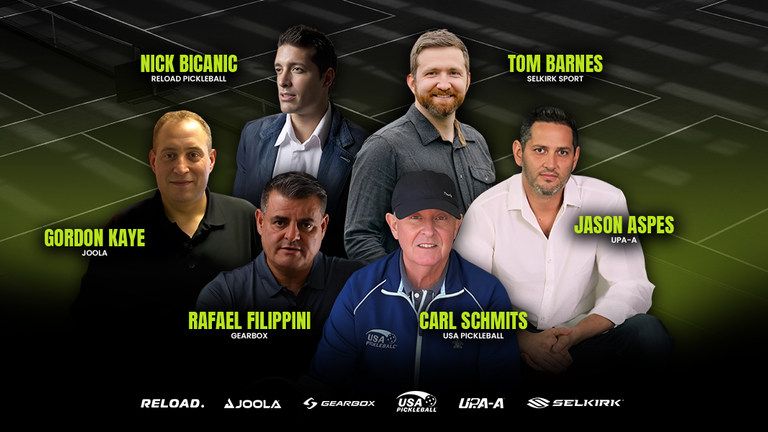Top stories


Pickleball Style
Pickleball Meets Style: See Why Players Are Obsessed with MUEV’s New Spring Line


Minor League Pickleball
Nation's Elite to Compete at The Dink Minor League Pickleball National Championships this December


ppa tour
PPA Black Desert Resort Red Rock Open Tournament Preview
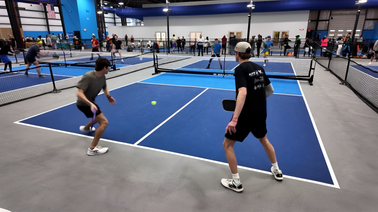
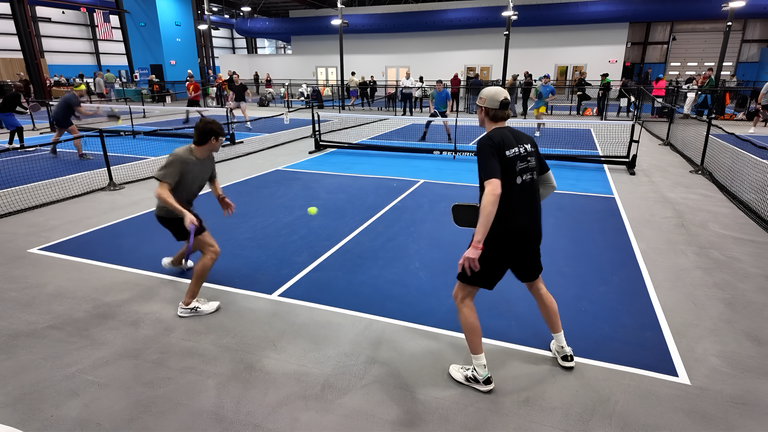
Pro Breakdown
Pro Breakdown of 4.5 Pickleball Match Strategy
Latest Articles
San Diego Announced as 2025 Biofreeze USA Pickleball National Championships Location


Pickleball Is Booming in the UK — And the Next Generation Is Leading the Charge


Tens of Thousands to Rally on April 12 for Inaugural Agassi Open Play Day


One Sport, Two Standards: The Battle for Control of Pickleball


This Pickleball-Office Will Have You Clamoring for Overtime


Nation's Elite to Compete at The Dink Minor League Pickleball National Championships this December
Newsletter
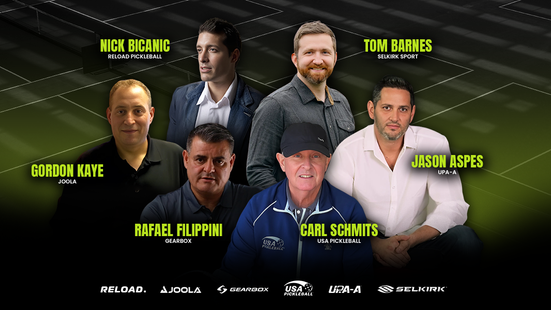
One Sport, Two Standards: The Battle for Control of Pickleball

Mastering the Bait Ball Pickleball Shot with Jack Munro & Zane Navratil

Andy Roddick: 'I Didn't Realize Pickleballers Were a National Security Concern'
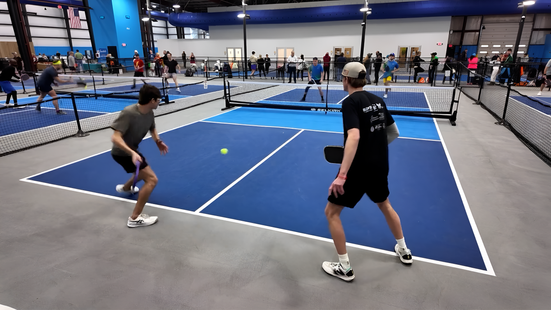
Pro Breakdown of 4.5 Pickleball Match Strategy

Pro Players Speak Out: Is Cheating The Biggest Problem in Pickleball?

98% of Matches Won Have THIS in Common | PicklePod with Dave Fleming
Life of a pro
Latest Articles
MLP
MLP 2025 Trade Window #2 Tracker
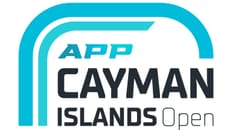
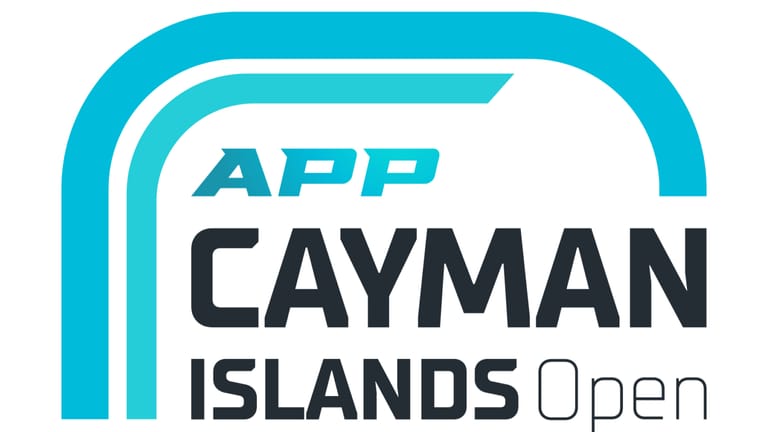
app tour
The APP Tour Cayman Islands Open Tournament Preview


News and Stories
Report: Pickleball Participation Surges to Nearly 20 Million in 2024


Pickleball Style
Best Dressed Players at the PPA Texas Open


News
NFL WR Turned Ultimate Frisbee Pro Announces Pro Pickleball Ambitions




